- Website: http://www.causeplaymemphis.com
- FB: http://www.facebook.com/causeplaymemphis
- Email: [email protected]
- Phone: 901-290-3773
|
"We're all volunteers. We make our own comic book and movie character costumes and visit kids in hospitals. We don't charge anything; we just want to bring a smile to their faces. We have Superman, Batman, The Flash, Wonder Woman, Disney princesses, and about 200 other outfits. My normal 9-5 job thinks I'm a little weird." Cause Play Memphis: "Cause-Play Memphis is a team of costumers who volunteer their time visiting sick & disabled children. Kids enjoy a magical world of make-believe when Cause-Play Memphis comes dressed as children's favorite characters from movies, cartoons, & comic books!" (source: Cause-Play business card)
"My father's no longer here, but he taught me to go for the gusto, to do my best in life. And that's what I did. I have everything I need---maybe not everything I want---but everything I need. Daddy and I used to talk a lot. He had a big impact on me and on all my siblings. We all admired his dignity in being a man, his words, and his leadership in the family. We all looked up to him. When we were young, we interacted with him like children, of course, but when we got to be adults, we related as equals."
"My roots are in the church, but I got distracted along the way. I was in the dark, in the blind about who I was, where I was, and what I was doing. I was in the hands of the devil, who is a de-valuer, and I had the mindset of a pimp, even though I knew it was wrong. When I accepted the spirit of Jesus Christ into my life, God shed his light on all that. He is light, so that's what I look at now. He opens my eyes to the things that can be traps, like money and women and anything else that distracts me. I tell people, 'It doesn't matter what's happened in the past or how you've been classified, don't let anybody judge you. If God is in you, he can use you, no matter what you've done in life.'"
"The best thing about being a dad is watching my children play, seeing them happy, and knowing they don't have a care in the world."
"My birthday is April 1, 1986. I'm 29 years old. I enjoy working in the library helping customers, sorting books, scanning, and filing. When I'm not at work, I like to go to the park and feed the ducks and go on nature walks. In high school I had perfect attendance in grades 8, 10, and 12. I went to school every day, even though some of the work was pretty hard. I can do pluses and times tables and some division, but not so many minuses. I can do some though. "I really like trains; I like steam locomotives. And I like model railroads, especially those by Joshua Lionel Cowen. He lived from 1877 to 1965 and died at the age of 88. I know the names of all the train cars there are, like boxcars, refrigerator cars, flat cars, tanks, smokers, gondolas, double stacks, sleepers, and the others. I like to travel. One time I went to the Pink Palace, and one time I got to go to the Casey Jones Railroad Museum in Jackson. I would like to take a trip on an Amtrak train. They're real fast. I like to watch them. They're twice as fast as regular locomotives. I've been to the train station downtown, but I haven't gotten to ride on one yet. If I could take a trip on an Amtrak train, I would go all over the planet. I'd visit aquariums and museums all over the world." Derrick E. Patterson, Library Volunteer / 4th Floor - History Department
Benjamin L. Hooks Central Library, 3030 Poplar "My daddy was blind, and he taught me to read the same way Annie Sullivan taught Helen Keller: he drew the letters in the palm of my hand, and I drew them back into his. By the time I was four years old, I was reading the comics to him, then later the newspaper and then books. Because Daddy didn't lose his sight until he was 8 or 9 years old, he remembered color. When I described things to him, he wouldn't let me say just red or blue; I developed an extensive vocabulary around color when I was just a little girl. Sometimes he and I would lie on our backs in the grass and he'd ask me to describe the shapes of the clouds to him. Daddy taught me how to hunt and to fish and even how to drive a car. He was a brilliant man, and he loved words. He'd send me to the library, and I'd bring back stacks of books for the two of us. My daddy was my rock. He always told me he could see the world through my eyes." The Road To Oblivion (Ode to Country Roads) Where are you goin old blacktop road, windin like a thing possessed into torturous hairpin curves with your pockmarked surface, like the face of an overly zealous, hormoned schoolboy with no place to hide? I've seen wild hogs stop to drink rain water collected in your every pothole and depression. Dogs would come to sniff the rabbits and possums that lie bakin in the sun, after failing to dodge the wheels of a passing car or truck. The canines rolled on their backs in the foul dead smell. With each passing vehicle, the vultures flew up to roost in nearby trees until it was safe to fly down and resume their meal. You fed some hungers. You quenched some thirsts. You took some folks home to see mama and and papa and sis. You ushered some reckless souls into the presence of their God....... .............or not. Our shoes stuck to your meltin surface in the sun after five days of heat in the hundreds. You delivered old women, trained in birthin babies to the mama's bedside, where children on the other side of the bedroom door shivered in fright at their mama's screams. You saw all those cows and hogs carried wide-eyed and unknowing, to the slaughter house in trailers and the backs of pickup trucks. Men and their dogs traveled on your back down into the river bottoms at night to hunt raccoons and sit on downed logs, drinking strong coffee with floatin grounds and listenin to the music of barking hounds as they ran game to ground or tree. You knew the path to the Chickasaw County Baptist Church where country cooks all tried, at funerals or monthly dinners on the grounds, to outdo each other for the preacher's compliments. Can you count the big yellow school buses, with the seats removed, piled to their ceilins with picked cotton that was headed for the gin. The new four-lane superhighway opened a little over a year ago, with a ribbon cuttin and the governor doin the cuttin. Cars and trucks were lined up for miles just so they could say they'd been the first to use it; and drive sixty-five miles an hour. Here you sit with the trees growin closer to you everyday and that thick green blanket of kudzu coverin you to reach the other side. Only a few remember that you're even here. So, where you goin now you old worn out, used up black top road? I heard it's oblivion. Someday someone walkin in these woods will stumble up on you and say to themselves, "Well, looky here, I wonder where this ol' road went?" But we know, .....don't we? Copyright ©2014 Madalyn McKnight Stanford Madalyn McKnight, Author / Avid outdoorswoman / Actress in community theater
Available on Amazon: Southern Reflections with a Little Help from My Friends "I studied medicine at LSU in New Orleans. After Katrina, they sent me a photo of the flooded medical school that still makes me tear up. I went into practice with an uncle here in Memphis and was a pediatrician for forty years, from 1967 to 2007. One of my triumphs was taking care of a little two-pound premature girl in the days before we had the medical advances we have today. She survived with no long-term ill effects. I loved those babies and children. It was so rewarding to watch them grow up." Dr. James Stanford, Pediatrician
“The Come Correct Foundation was started to help young athletes realize the impact domestic violence charges can have on their college and professional aspirations. When we do presentations with high school teams, we always ask, ‘How many of you guys think you OWN your girlfriend?’ and we see uncomfortably large numbers raise their hands. They feel like they can tell their woman where to go, who to be with, what to do. Because of such feelings, the guy thinks nothing of putting his hands on ‘his woman’ in the heat of an argument, particularly if she provokes or attacks him first. It's his right of 'ownership.' “Within the last 10 years in the NFL alone, there have been 89 incidents of domestic abuse involving 80 different athletes. We want to have conversations about this issue with high school guys before they ruin their lives; they don’t realize that even a single domestic abuse arrest can have serious implications. A lot of them think they’re untouchable. They’re used to having their bad behavior winked at because they’re superb athletes, and we tell them straight out: ‘When you enter the university and professional level, they aren’t just looking at your athletic ability. If you have a domestic violence history, you’re a liability. You could cost them money and embarrassment. They don’t want you.' On the moral side, domestic violence is wrong; we all know that. But since the Ray Rice case, professional leagues are forced to deal with the issue aggressively and the consequences are much greater. There really is a business to being an athlete. You stand to lose millions of dollars. You stand to lose your education, your freedom, your life. “One thing that always shocks these guys is hearing that it's wisest not to retaliate at all, even if a woman initiates the confrontation. Men don’t want to feel that they got their ass kicked by a girl; they’re afraid they’ll lose their street cred. So they strike back. And the law says you have the right to defend yourself from the aggressor, no matter the gender. The moral code, however, says a man cannot hit a girl. So if you get into a domestic dispute---even if a female has initiated it---and your retaliation exceeds her initial contact, you’re going to jail. The guys ask, ‘So if she hits me in the face and I hit her back, I’m the one who’ll be arrested?’ And our answer is: that’s right. The police will take one look at the strength and size difference between the two of you, and you’ll be the one wearing silver bracelets. Enforcement of the law leans heavily on the side of the female. It may not be right, but it’s the reality of the situation. And the first charge can lead to an escalating cycle of increased consequences for the man involved. “We want these young men to understand that they can get themselves into something that’s almost impossible to get out of. They have to stop, take a breath, and THINK. They need to call the police and walk away from a domestic violence situation before they lay their hands on anybody. Young men have to understand that as athletes they have a responsibility to themselves to be upstanding. For some of them, sports may be their ticket out of poverty, and we want them to realize what they stand to lose. Somebody has to start the conversation.” Scheduling a Presentation Come Correct presentations are geared to high school and college sports teams and address the moral, financial, and career implications of domestic abuse. Presentations are available to any athletic group or in any public or private school in Shelby County. There is no charge. Email Jennifer or Leroy to schedule: [email protected] Jennifer Conroy, Mother / Coach / Athlete / Writer / Broadcaster / Photographer
Leroy Watson, Athlete / Writer / Broadcaster
Facebook: Come Correct Foundation Email: [email protected] "The dry season in the Republic of the Congo is always a beautiful time, but on that day, that year, everything changed. It was 1997, I was 17 years old, and there was a civil war going on. The opposition was taking over the government and there was chaos in the streets---rape, robbery, and more. Everyone was fleeing the cities for the countryside or crossing the border into other countries. We had only one or two minutes to make a bundle and to save our lives. I threw a few things into a backpack, and our family escaped to my father’s friend’s home, where we stayed until the war was over. That event of displacement and taking only what we could bundle together in a moment’s time inspired this work; everything here appears beautiful but reflects some kind of violence in the process, in the bending, in the stretching." Press release, courtesy of Tops Gallery: Tops Gallery is pleased to present The Season Moved, a solo exhibition of Gil Ngolé opening on August 21, 2015. Filling the gallery are over two hundred bundles composed of discarded objects that the artist has found on nocturnal walks around Memphis. These sculptures will be accompanied by a large painting and an immersive sound piece. Raised in the Republic of the Congo, Ngolé creates work recalling both folk traditions and the upheavals of the post-colonial period. The exhibition’s title refers to the vast displacement of people that the artist witnessed during the Second Republic of the Congo Civil War in 1997. Through a multivalent practice, Ngolé responds both the plight of refugees, and to the transit of objects within contemporary culture. The bundles are constructed using the logic of the refugee. During nighttime walks around Memphis, Ngolé gathers his materials: discarded objects, as well as bits of fabric and foam. He then creates quick assemblages, often incorporating a swath of highly-patterned Congolese fabric, in often just a minute’s time. Constructed with no aesthetic concerns save for necessity, the bundles contain the trauma of displacement, as well as a veiled critique of the disposability inherent to global capitalism—both of objects and people. In this way, Ngolé formally and thematically engages artists like John Chamberlain, whom he holds in regard, the déclassé materialism of Arte Povera, and the legacy of the found object. Dirty and frayed, they seem to have travelled a long distance without rest or recuperation, yet not without hope. Similarly, the painting on display refers to the provisional architecture of the refugee camp. Made of shabby fabrics loosely stretched within a frame of unadorned 2x4s, the object could, if needed, be turned horizontally and used to provide shelter to a person in need. The primacy of use value over aesthetic considerations is seen in the peel of acrylic paint, affixed almost as an afterthought. Finally, Ngolé will use the architecture of the gallery as an antenna for his pirate radio station, and will fill the gallery with two sound compositions. These pieces speak to the many roles that radio plays in the life of a refugee—it is often the only form of escapism, but since it is often used by political rivals to spread propaganda and vitriol, it is also a constant reminder of the causes for displacement. Gil Ngolé was born in Brazzaville, The Republic of the Congo. He studied Fine Arts at the Rueil-Malmaison College of Art in France, and will receive his MFA from the Memphis College of Art in December. This is his first solo exhibition at Tops. He has exhibited at the Musée d’Art Contemporain du Val-de-Marne, France; the Museum of Contemporary Art, Oslo; and Crosstown Arts, Memphis. Tops Gallery is a contemporary art space located in downtown Memphis, TN. Founded in 2012, their goal is to produce challenging exhibitions that engage the local community while simultaneously creating a conversation with larger art centers such as New York City, Los Angeles, and beyond. Gil Ngolé, Artist
A Season Moved runs from August 21 - October 3, 2015 Tops Gallery is located at 400 S. Front Street. |
Archives
March 2021
|
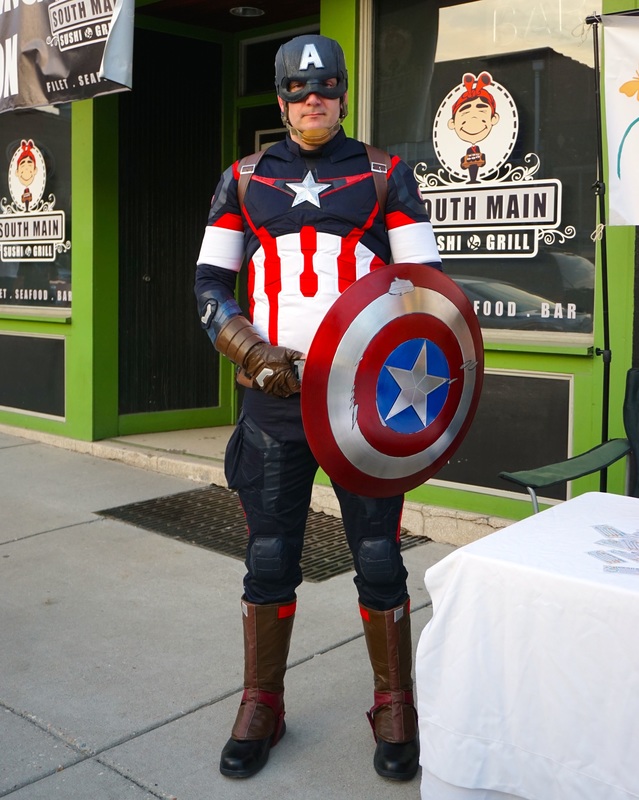
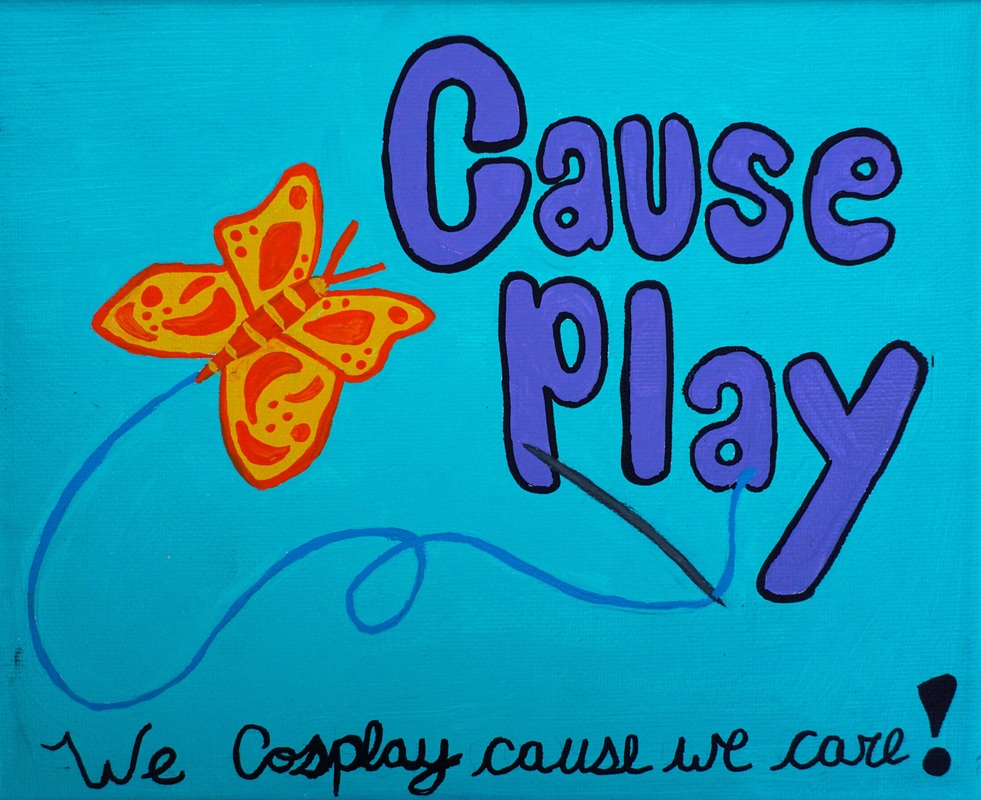
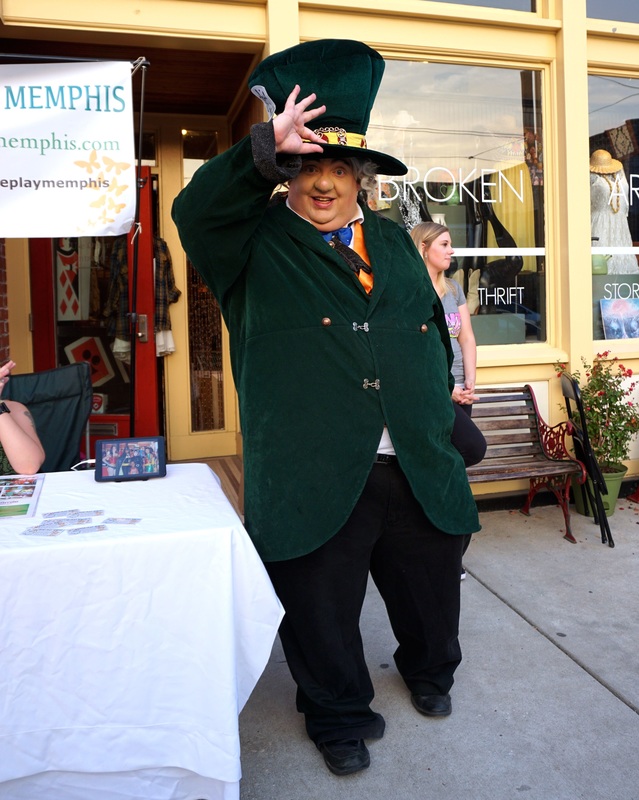
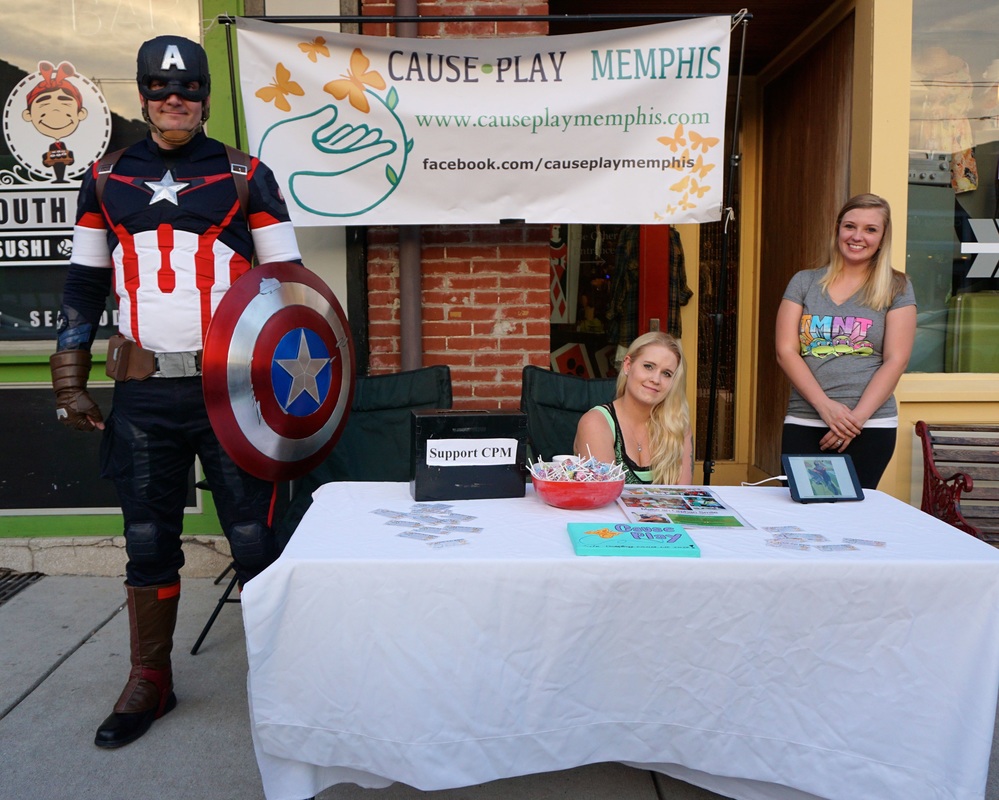
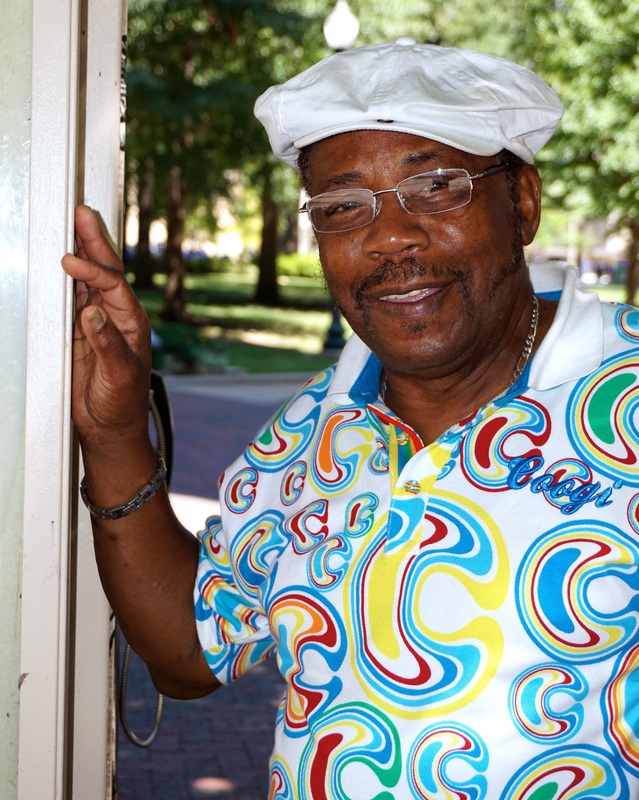
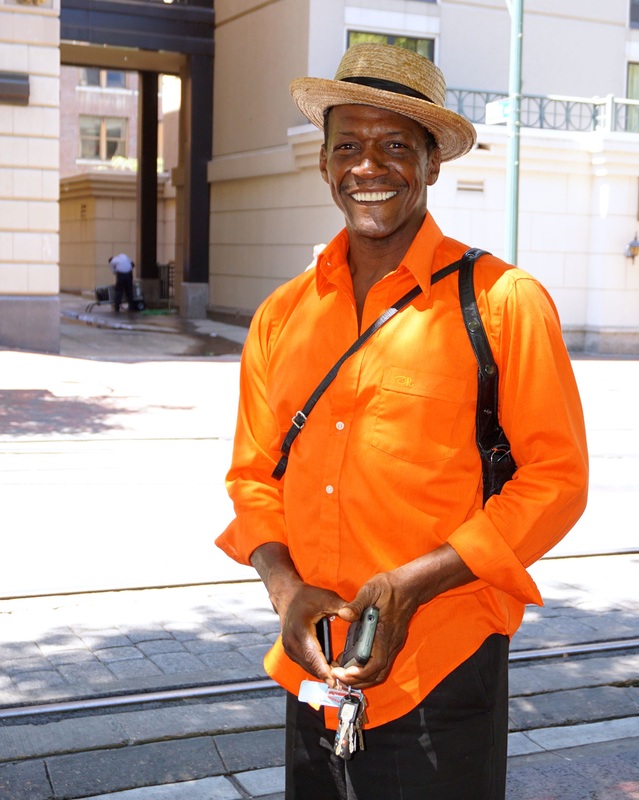

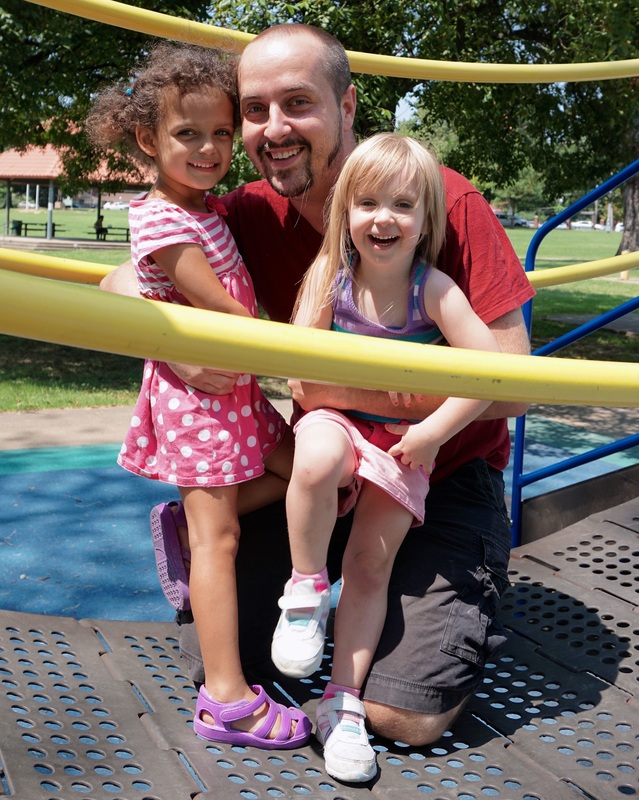
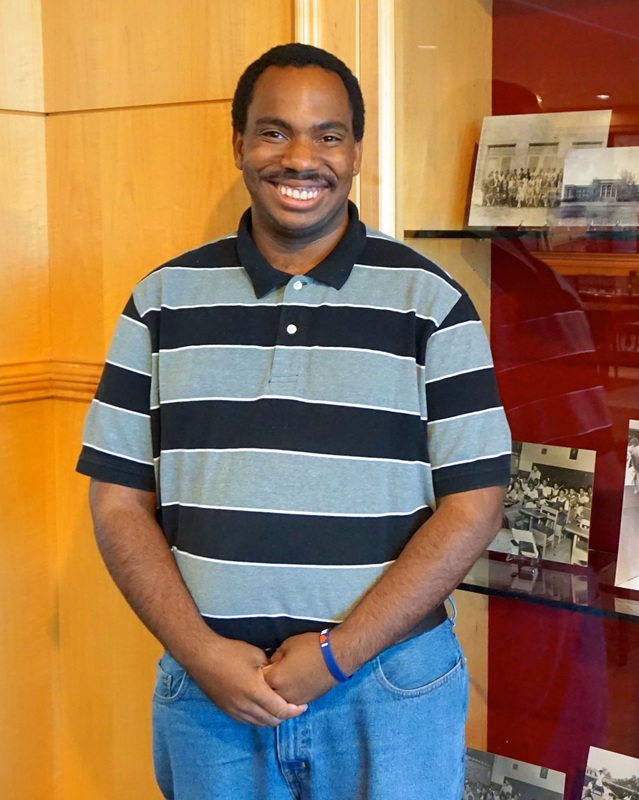
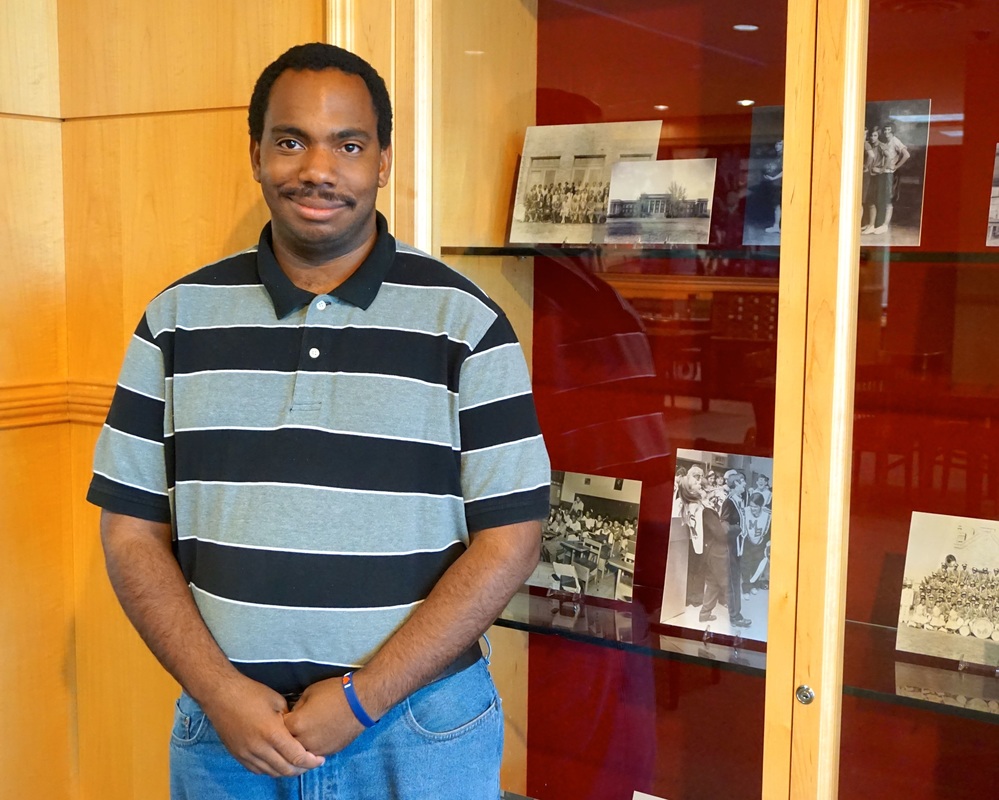
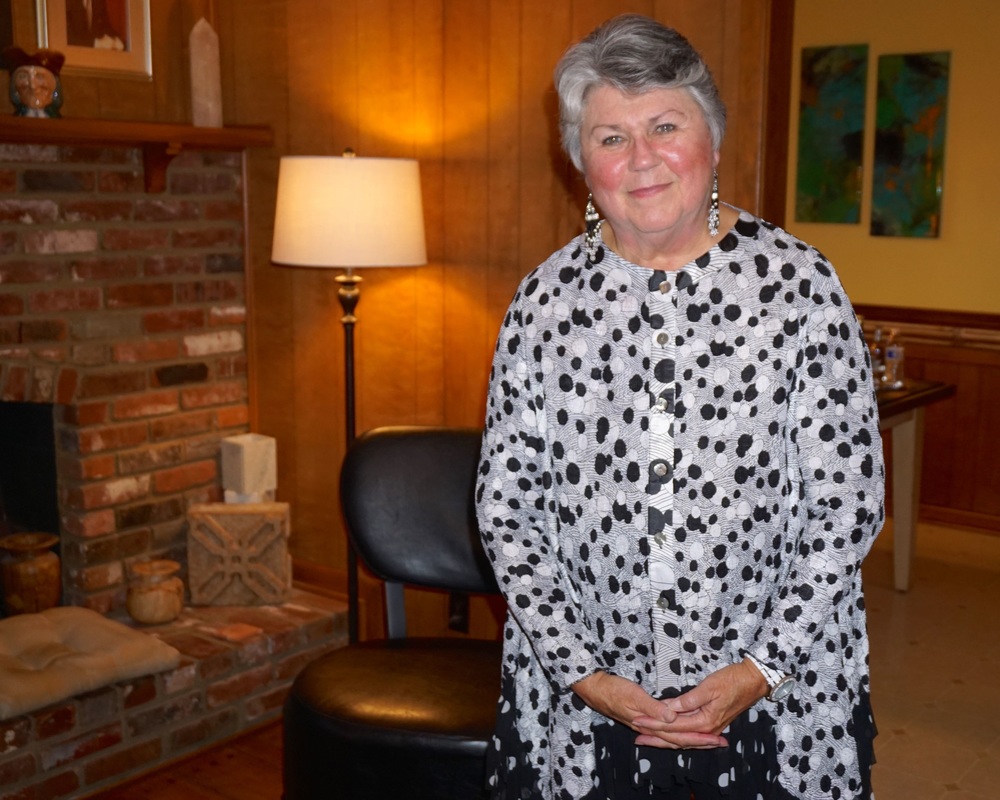
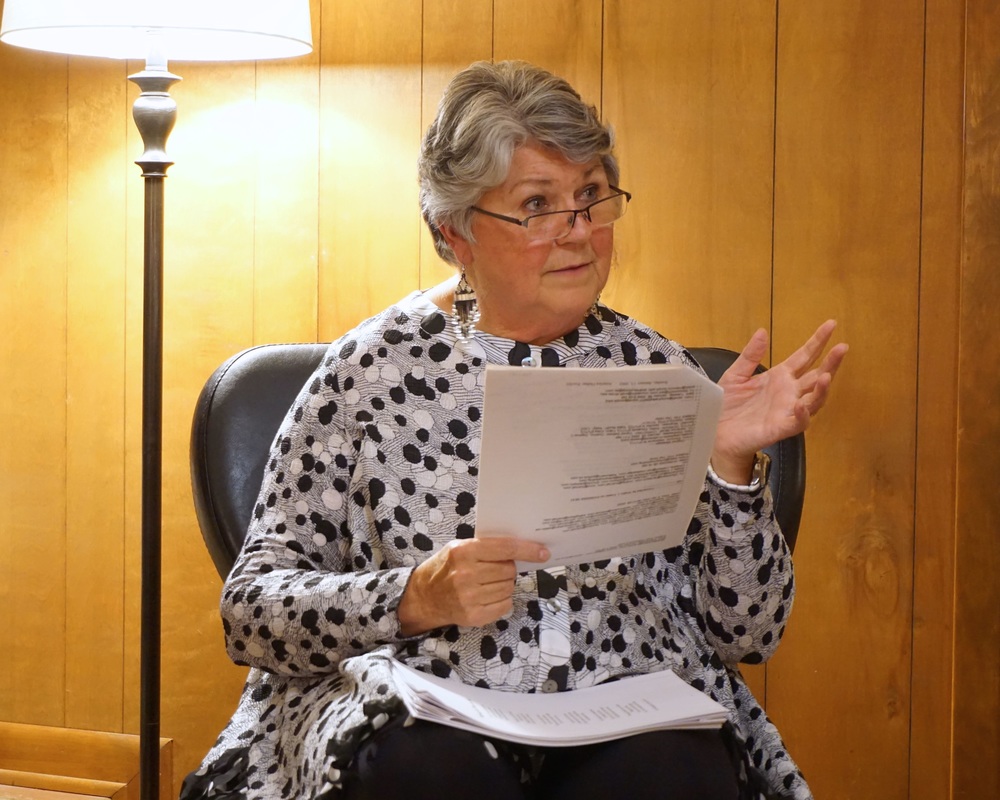
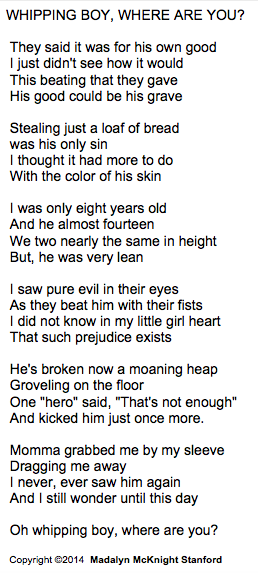
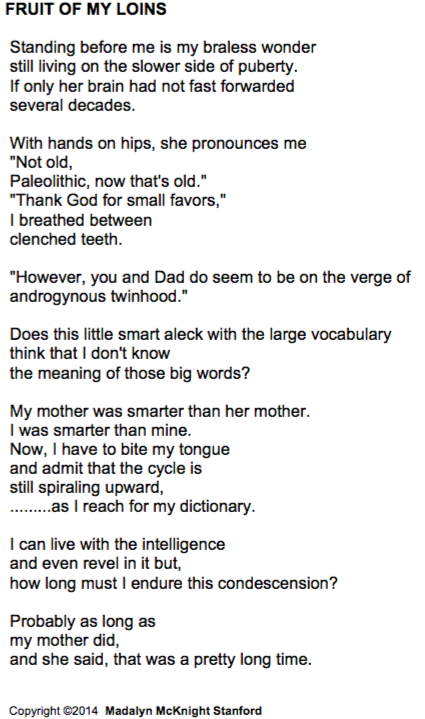
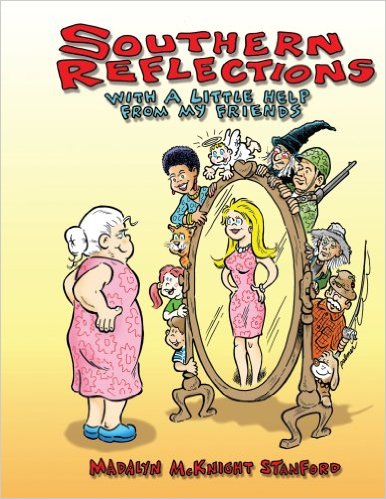
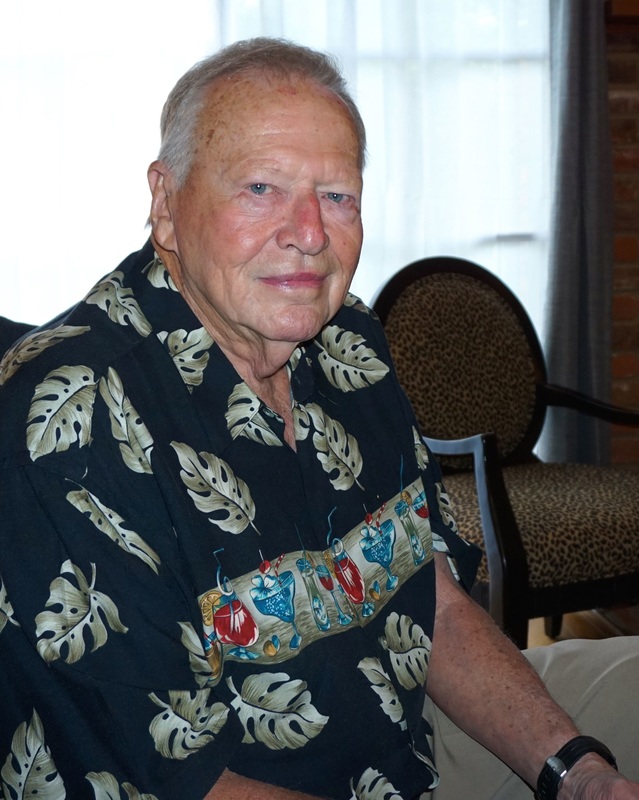
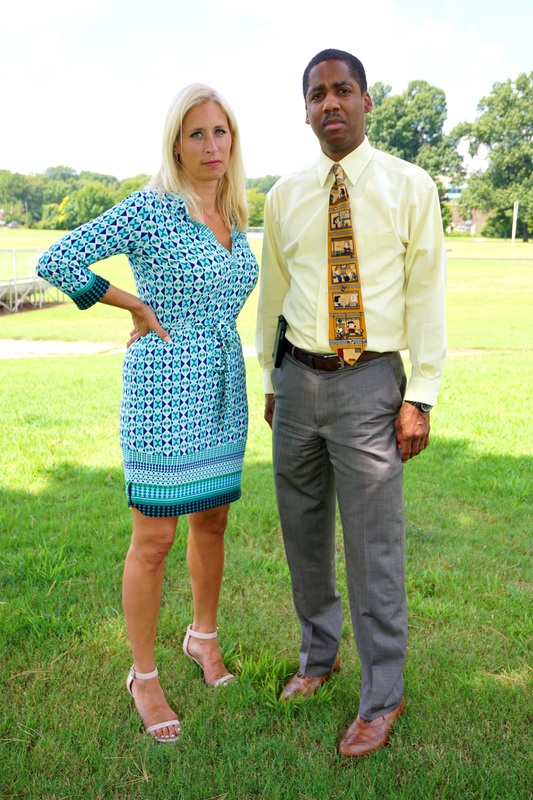
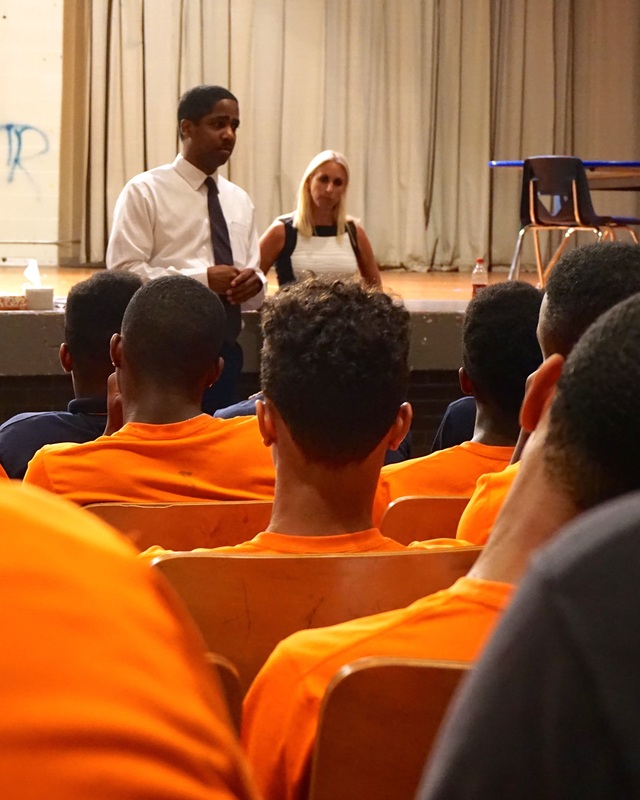
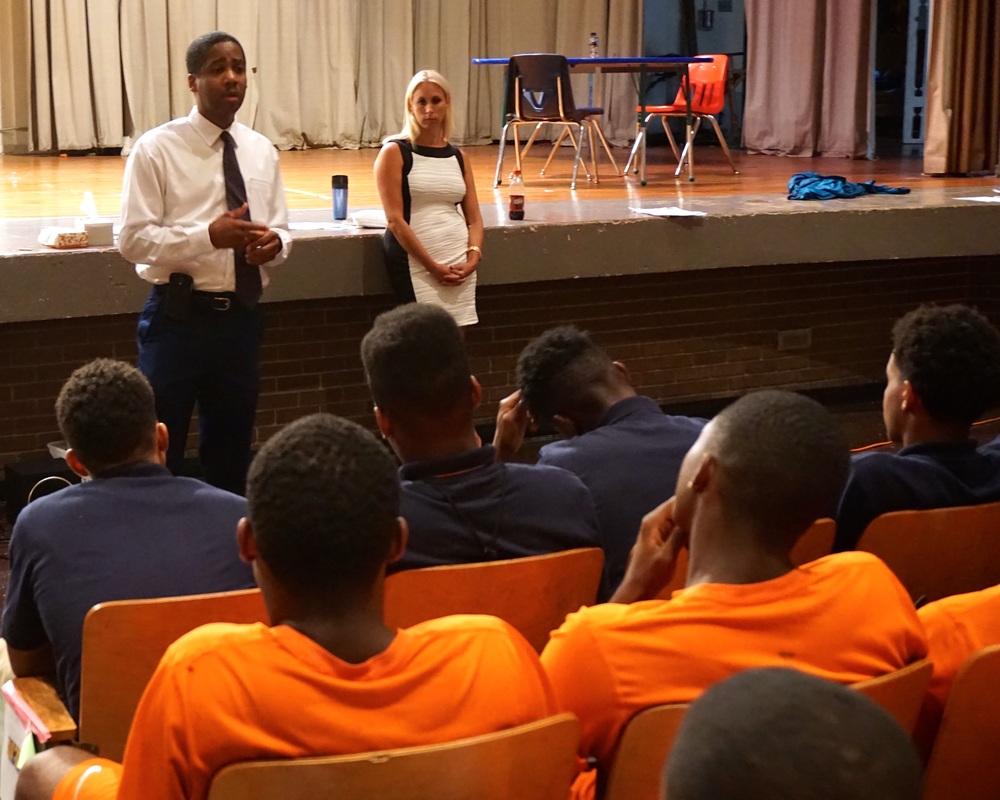
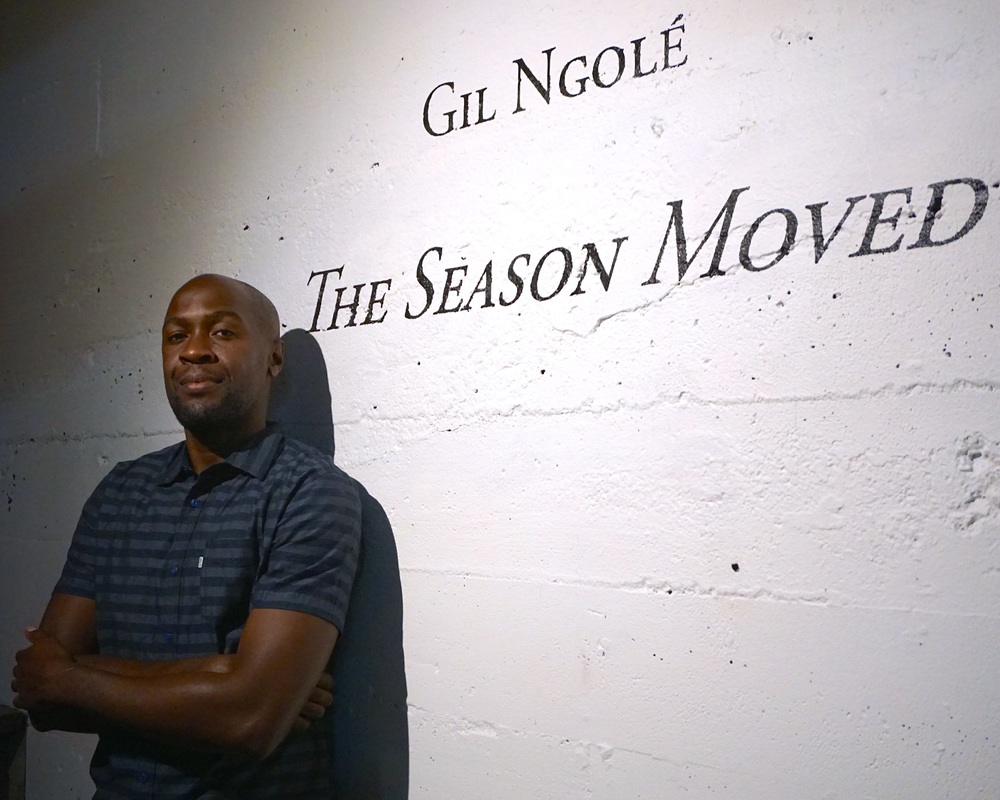
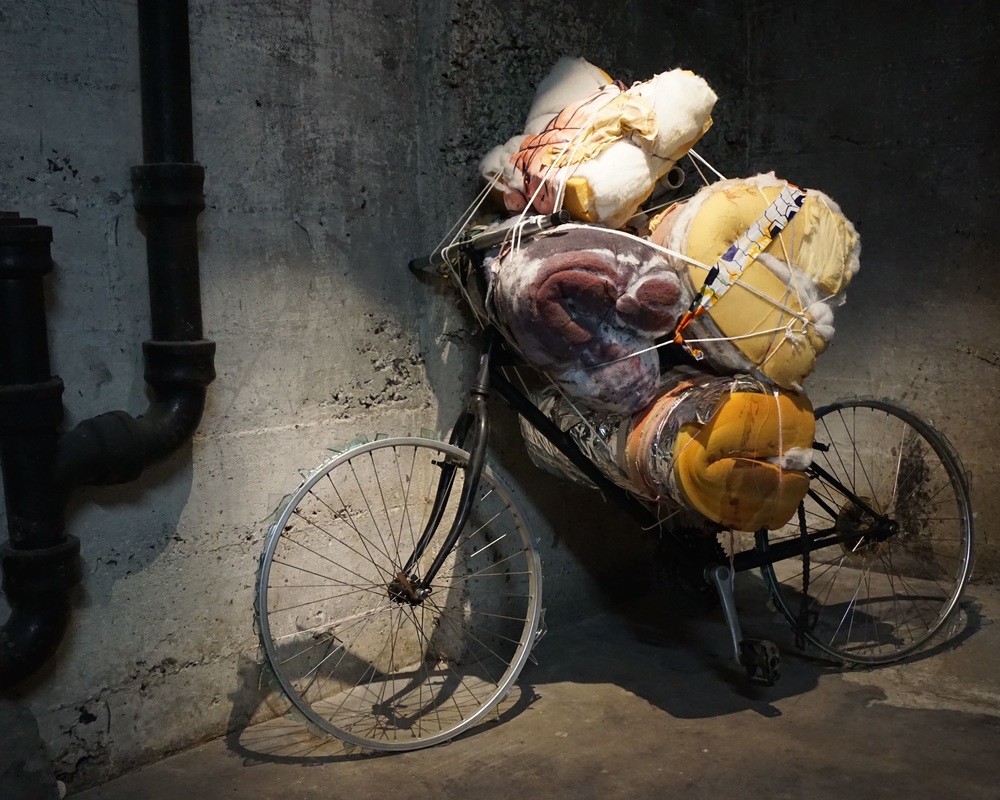
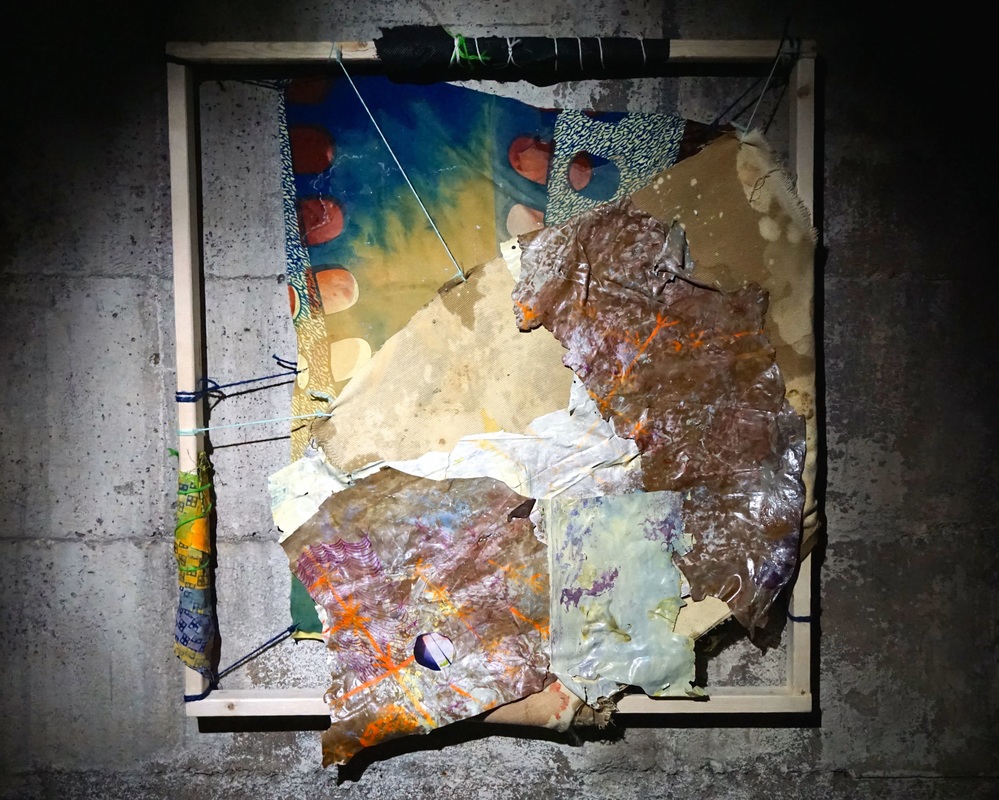
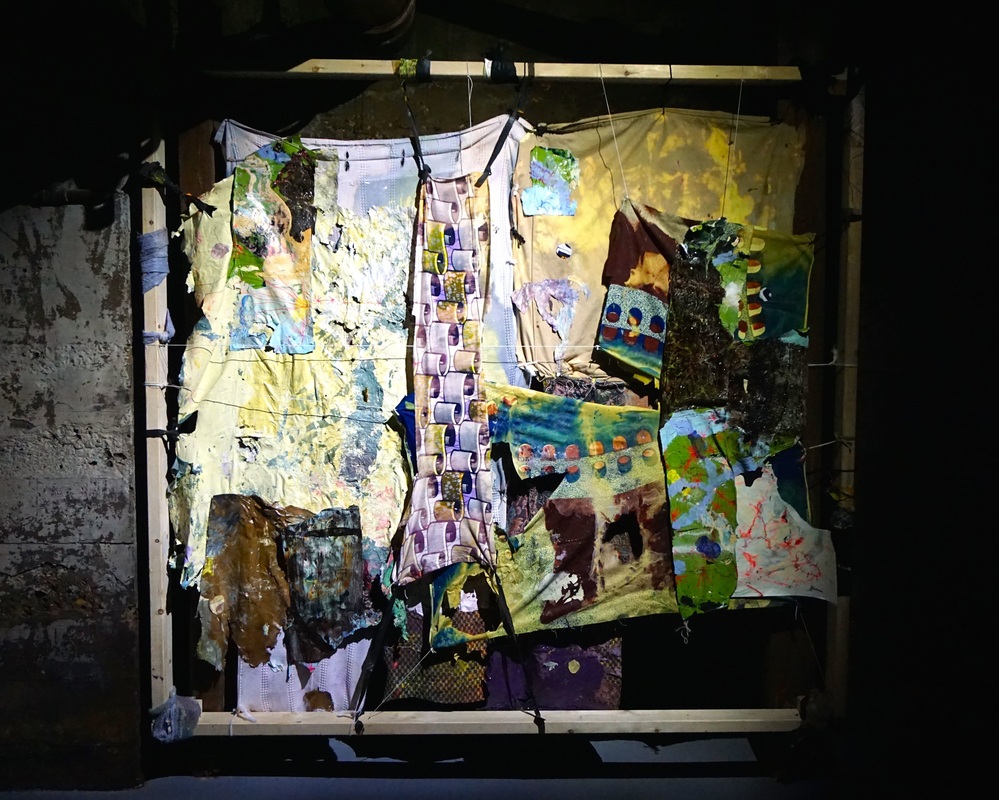
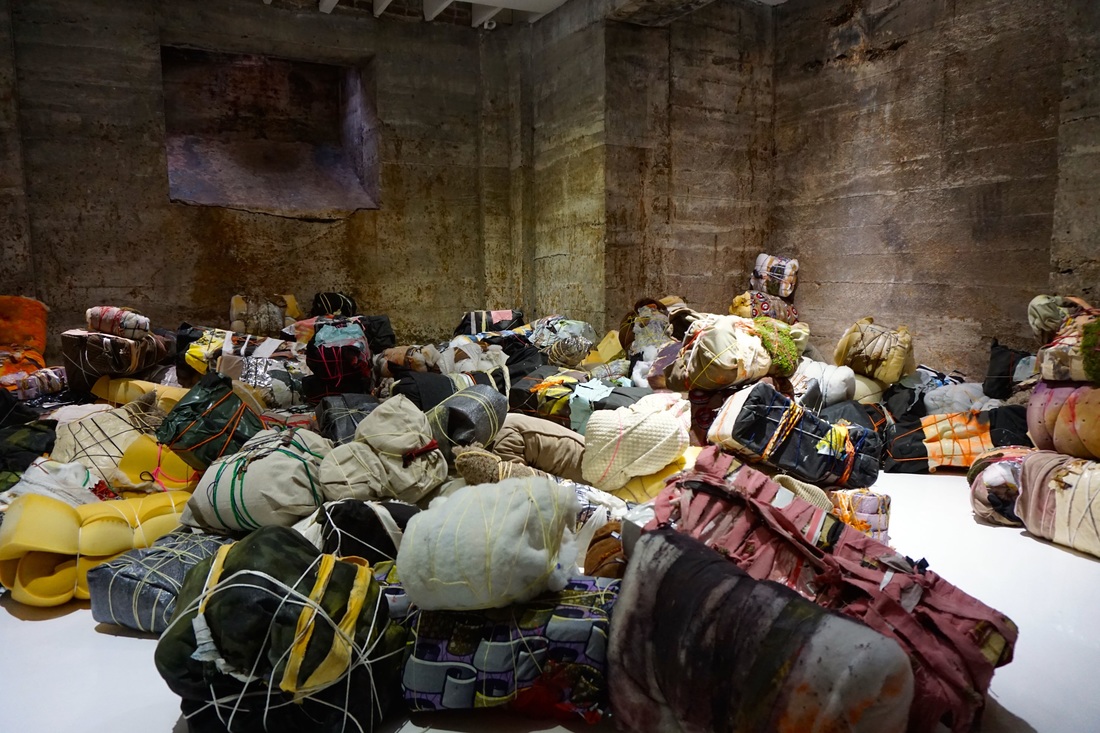
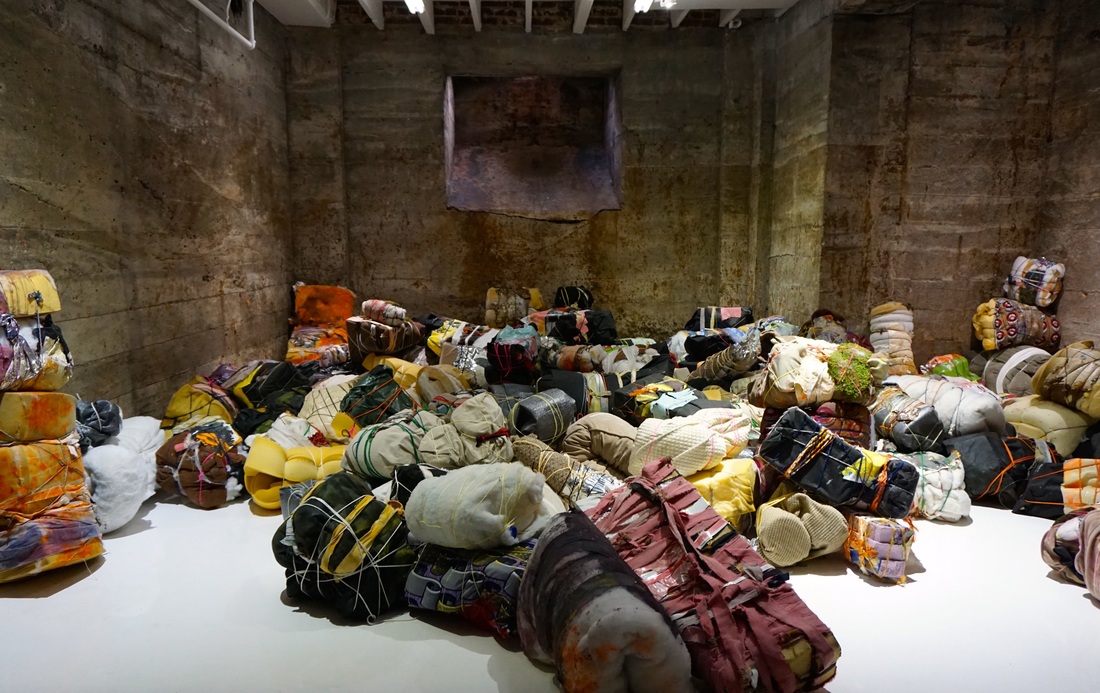
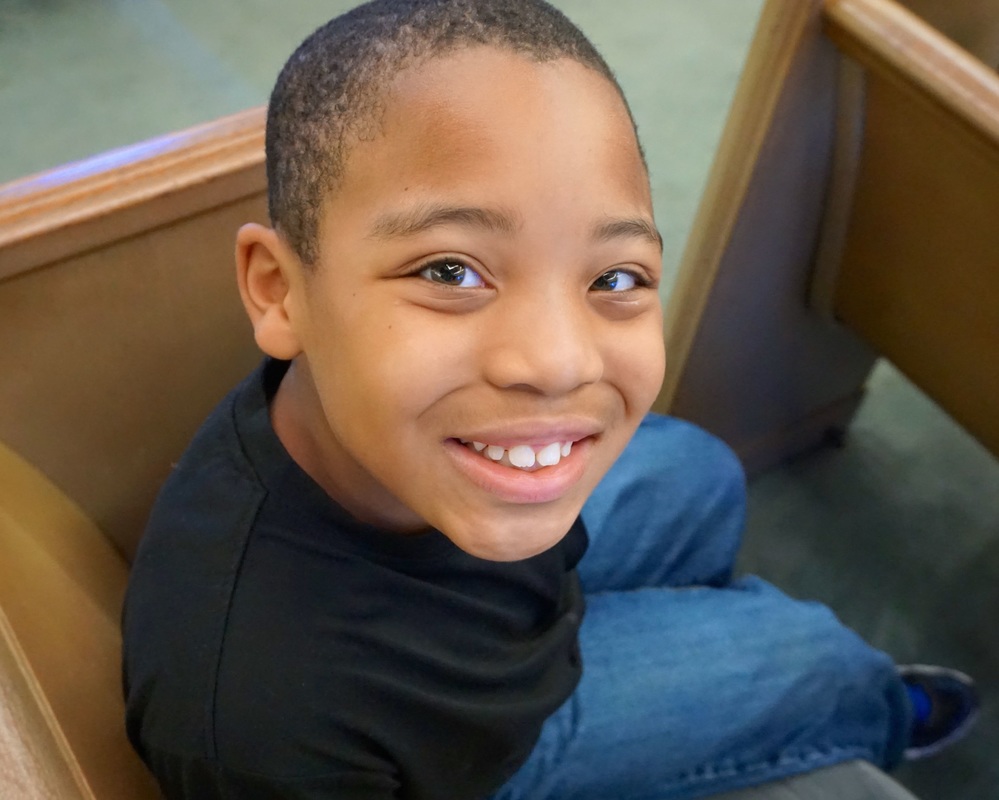
 RSS Feed
RSS Feed